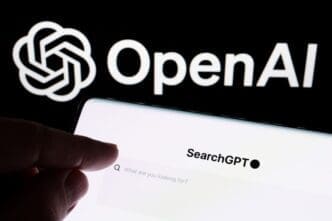Elon Musk, notable for creating ripples across industries, has unveiled an ambitious bid to gain control of OpenAI, a leading AI startup he co-founded with Sam Altman. This unexpected move has not only caught the attention of the tech industry but has also added pressure on Altman as he navigates the challenges of transitioning OpenAI into a for-profit entity.
Altman swiftly dismissed Musk’s offer with a public ‘no thank you’ on social media, raising questions about the true intent behind Musk’s maneuver. Is it simply a strategic stunt, or does Musk genuinely aim to acquire the cutting-edge technology behind ChatGPT? His actions have inevitably slowed down Altman’s efforts by significantly raising the valuation expectations for the non-profit controlling OpenAI’s lucrative operations.
OpenAI operates under a unique structure with a non-profit board controlling a potentially lucrative for-profit entity. This setup has been challenging for Altman, especially as investors push for restructuring. Musk’s public bid, whether serious or not, complicates Altman’s mission to break free from the ‘non-profit prison,’ as the raised stakes might influence board decisions and investor expectations.
Furthermore, there are speculations that Musk’s interest in OpenAI goes beyond a competitive stunt. By acquiring OpenAI, he could potentially merge its capabilities with his own AI initiatives, creating a formidable force in the rapidly expanding AI field. His actions coincide with a political climate that favors less regulatory oversight, a development that aligns with Musk’s business philosophy and current operational latitude under the government.
The narrative isn’t as simple as good versus evil between Musk and Altman. It represents a deeper struggle within the AI industry—a battle where competition can drive innovation but may also consolidate power in ways that could stifle diversity and independent progress in technology.
Ultimately, Musk’s bid for OpenAI plays into the broader narrative of power, control, and competitive strategy within the AI industry, highlighting the complex interplay between innovation and corporate maneuvers.








